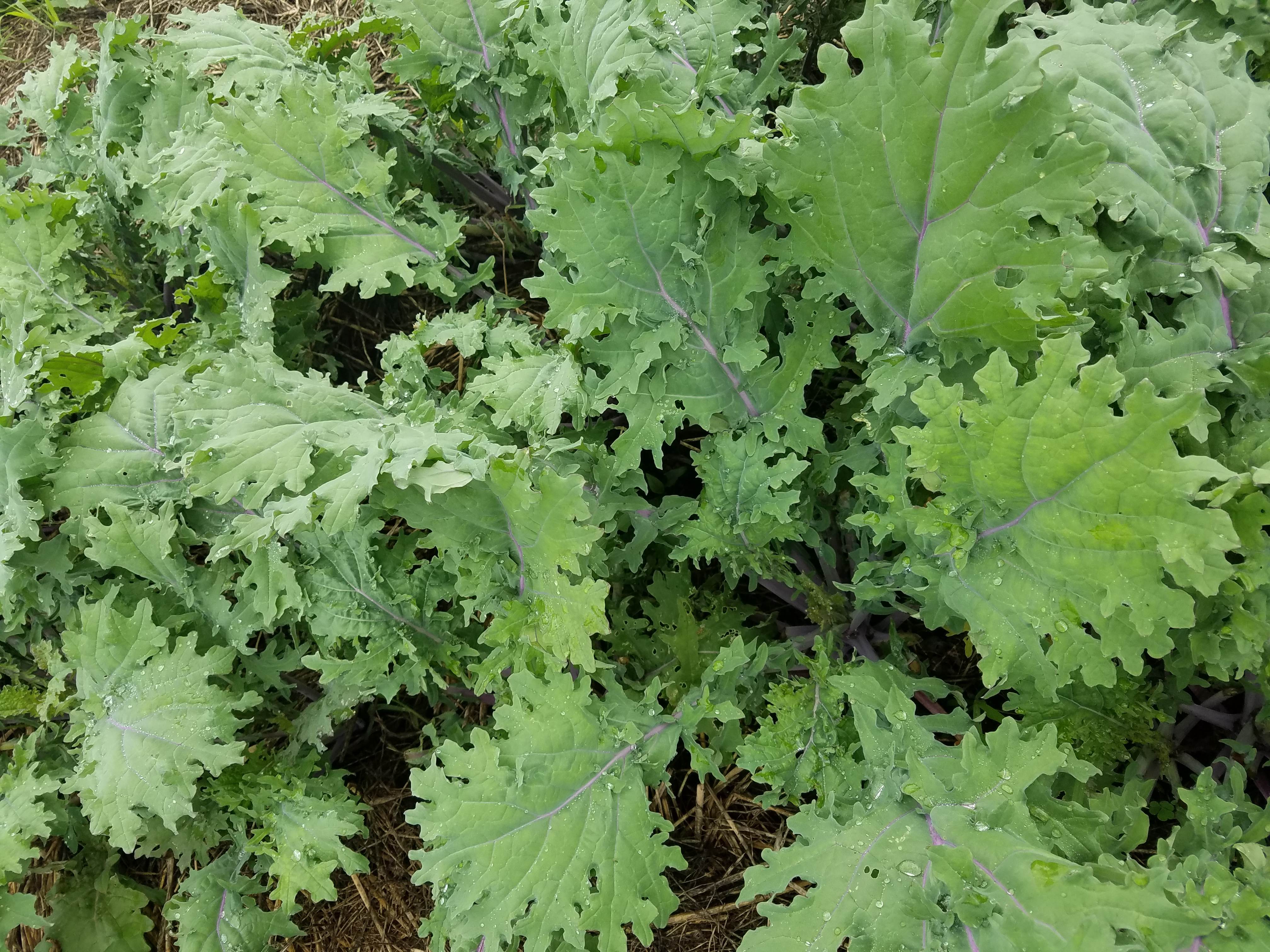While the market for organic products has never been larger, there are worries in the organic community. Right now there is some terrible fighting going on between the old guard of organic producers and the larger, corporate, organic providers who are increasingly in charge as the USDA has become more tightly aligned with large agribusinesses.
While there are still many fine certified organic farms, many small farms are no longer getting certified. There is a growing plethora of other certifications as folks try to differentiate themselves. Certified Naturally Grown, Certified Biodynamic, Certified Humanely Raised, and a host of others now adorn farmers stands and products on the shelf. It is rather confusing and sad for us . “Organic” used to be a short cut to know that the product was relatively free of bad stuff like pesticides and higher in good values like sustainable soil practices or ecological diversity. The organic program was always risky since the federal regulatory system is so vulnerable to corporate lobbying. Sadly, the program has slowly been weakened. The organic certification has now been so compromised that over half of the vegetables labeled organic are from overseas, most from industrially scaled farms, and more and more of the organic meats and eggs are coming from certified organic, industrially sized CAFO’s (Concentrated Animal Feeding Operations).
There are real questions for us on what “organic” can mean in this context. Clearly soil health and biodiversity are barely connected to the certification anymore. Hydroponic vegetables are now certified even though they are grown in a nutrient broth derived from conventional soybean production. Where is the healthy soil component of that? The list of “approved” materials for organic production now includes some pretty potent pesticides and herbicides. I bought some fertilizer for my pasture that was “organic approved” and was disappointed to find out that it came from regular chicken production and only became “organic” once it was processed and turned into pellets at a Perdue factory. It takes three years of organic production before soil is considered organic but apparently chicken manure from a CAFO is magically organic after a few weeks of composting, and right after it is ground up, wetted, and dried into extruded pellets.
Now that large industrial enterprises are making organic products according to these new cheaper standards, the price of organics is dropping. On one hand, those lower prices broaden the market and more and more consumers are substituting organic products for conventional products. But there are questions about what the consumer really gets from this new industrial “organic” production. What happens when the “good” organic producers cannot survive these new lower prices. Labor costs are rising in a much tighter labor market. Land prices near viable markets are generally rising too. The actual cost of producing good food is still going up not down and many small organic farms are going out of business.
I read an article this morning from a farmer who is facing collapsing organic milk pricing as the organic CAFO’s are coming on line for Walmart and Costco and others so they can sell organically certified milk at much lower prices. He explained that there is a requirement that organic milk come from cows that are pasture raised with minimal requirements that a certain percentage of their food come from roughage (grasses and hay) rather than corn/soybean/wheat industrial foods. Milk on pasture has a number of health benefits not found in industrially raised milk. Fundamentally, healthy cows produce healthier milk. Cows on pasture are eating the foods that their stomachs were designed to efficiently turn into nutrition. Not surprisingly, they are healthier and happier cows. That was the promise of “organic” milk. But as this farmer pointed out, these new enterprises cannot be raising pasture raised “organic” milk. You simply cannot have 15,000 cows and move them from a milking station to pasture each day. As he pointed out, cows just do not move very quickly. To get them to a viable fresh pasture each day on that scale would require thousands of acres and it would take way too long to move them across those distances and then back again to be milked. But there are many 15,000 “organic” herds of milk cows supplying “organic” milk to our food supply chain. As a result, there is now an oversupply of “organic” milk, prices are dropping, and organic dairy farmers around the country are going out of business. Most sadly, farming has now become the profession with the highest suicide rate, over twice the rate of veterans. Small farmers are clearly losing hope.
With the organic label meaning less and less, how can you find good and nutritious food if you cannot use that label to help you anymore? Where can you turn to find good food you can trust? This is a frustratingly hard question. Who has the time to spend on researching their food sources?
This is the reality – if you care about good food that is raised to be nutritious and not just low cost, you have to buy from a local farmer you trust. There is no other way. And even then, you have to watch that farmer that they are not seduced by industrial methods that lower costs and nutrition. It is much easier to raise cheap food than good food. It is not easy to grow truly healthy food. This is the core of why we do what we do at our farm. It is what we have always strived to provide our customers. It is also why we work to convince more folks to try farming or at least have their own garden. It is why we love having young folks working on our farm who then leave to “spread the word”. We are convinced that agriculture needs a major reset to move it back to a realm that is more sustainable and healthier. We hope our farm makes a small contribution in this community to move food production in a better direction, towards healthier, more nutritious, and tastier vegetables. And we hope that you realize when you buy from us that you are truly supporting that effort.
Thank you.
Cricket.

